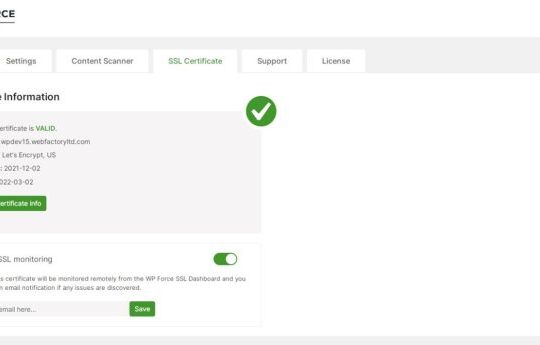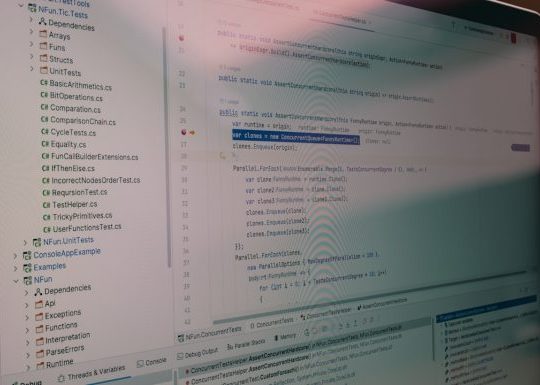Class action lawsuits can be a powerful way for individuals to seek justice and compensation from companies or organizations that have wronged them. When these lawsuits are resolved in favor of the plaintiffs, they often result in monetary settlements distributed among class members. However, navigating the timelines associated with these payouts can be confusing. Understanding how long a class action payout can take, and what factors influence the timeline, is key for anyone involved in such a claim.
TLDR: If you’ve participated in a class action lawsuit, the payout may take months or even years after the settlement is announced. Factors like court approvals, the volume of claims, and appeals can all impact the timeline. Patience is often necessary, but once the final settlement is approved and no appeals remain, payouts are typically distributed within 3 to 9 months. Always monitor official case websites for updates.
What Is a Class Action Lawsuit?
All Heading
A class action lawsuit is a legal action filed by one or more plaintiffs on behalf of a larger group who share similar injuries or losses. This type of lawsuit allows individuals with smaller claims to join together against a common defendant, often a large corporation. When successful, the settlement or judgment amount is typically distributed to all qualifying class members.
The key benefit of class actions is efficiency—one court case can resolve many similar claims. However, the downside for participants can be the long wait from case filing to payout issuance.
Stages That Affect Class Action Payout Timelines
Several stages must be completed before participants see any compensation.
- Filing and Certification: The initial suit is filed and the court must certify it as a class action. This process ensures the claims are similar enough to be grouped together.
- Litigation or Settlement: The case either proceeds to trial or a settlement is reached by both parties.
- Preliminary Settlement Approval: A judge reviews the proposed settlement agreement and may approve it on a preliminary basis.
- Notice to Class Members: All potential claimants are notified of the settlement and how to file a claim.
- Claims Processing: Submitted claims are verified for eligibility, which can take several months depending on claim volume.
- Final Approval and Appeals: A final court approval is needed, and any appeals by objectors must be resolved before payouts begin.
- Payout Distribution: Funds are finally distributed to eligible class members.
Typical Timeframe: From Settlement to Compensation
It’s not uncommon for participants to see a timeline like this:
- Settlement announcement: Month 0
- Preliminary approval and notice period: Months 1-3
- Claim submission deadline: Months 3-6
- Final hearing and approval: Months 6-9
- Appeal resolution (if any): Month 9+
- Payouts start distributing: Typically by Month 12-18
But this timeline can vary widely. Some settlements begin distributing within 6 months post-approval, while others take several years due to complications or legal challenges.

What Can Delay a Class Action Payout?
Delays are often due to factors beyond the control of individual claimants. Common reasons include:
- High number of claimants: Verifying millions of claims can take time.
- Incomplete or inaccurate claim forms: Mistakes can slow down the process or result in rejection.
- Legal appeals: Any class member can object, potentially triggering appeals that stall payouts.
- Court backlogs: Some jurisdictions face systemic delays, especially with large or complex settlements.
Methods of Payment
Once the court gives final approval and all claims are verified, administrators begin distributing payments. The methods generally include:
- Checks mailed to the address listed on your claim
- Prepaid debit cards
- Direct deposits to your bank account
- Digital platforms like PayPal or Venmo
If you selected a preferred method while submitting your claim, the administrator will typically honor that selection if it’s still valid.
How to Ensure You Receive Your Payout
To prevent issues or delay, make sure to:
- Submit your claim on time and get a confirmation receipt if possible
- Keep your contact information updated with the settlement administrator
- Read all paperwork carefully and follow instructions explicitly
- Be aware of phishing scams claiming to be from the settlement team

Are Class Action Payouts Taxable?
This depends on the nature of the settlement. In general:
- Compensation for physical injuries: Typically not taxable
- Lost wages or business income: Usually taxable
- Punitive damages or interest payments: Often taxable
It’s wise to consult with a tax advisor or review IRS guidelines about legal settlement income.
Staying Updated on Your Case
Each class action has a designated case website where participants can find updates, claim deadlines, approval statuses, and payment timelines. It’s crucial to monitor this site and sign up for email alerts if available. Social media and online forums can also provide discussions, but these are not official sources of information.
Frequently Asked Questions (FAQs)
- How long will it take to receive my class action settlement payout?
- It typically takes between 6 and 18 months from the settlement date, though delays can extend that timeline.
- Do I need to file a claim to get a payout?
- Most settlements require a claim form, but some may automatically include qualifying individuals through purchase records or other data.
- What if I missed the claim deadline?
- If the deadline has passed, you are likely ineligible to receive compensation unless special provisions apply.
- Can I track the progress of my claim?
- Yes, you can check the class action’s official website or call the settlement administrator for updates.
- Is there a minimum amount I can expect?
- Some payouts are as little as a few dollars, especially in large class actions. Others may be hundreds or thousands, depending on the size of your claim.
- What if my information changes after I file a claim?
- Contact the settlement administrator immediately to update your mailing address, email, or bank info.
While waiting for a class action payout can test your patience, staying informed and proactive dramatically improves your chances of receiving what you’re owed in a timely manner.













Recent Comments